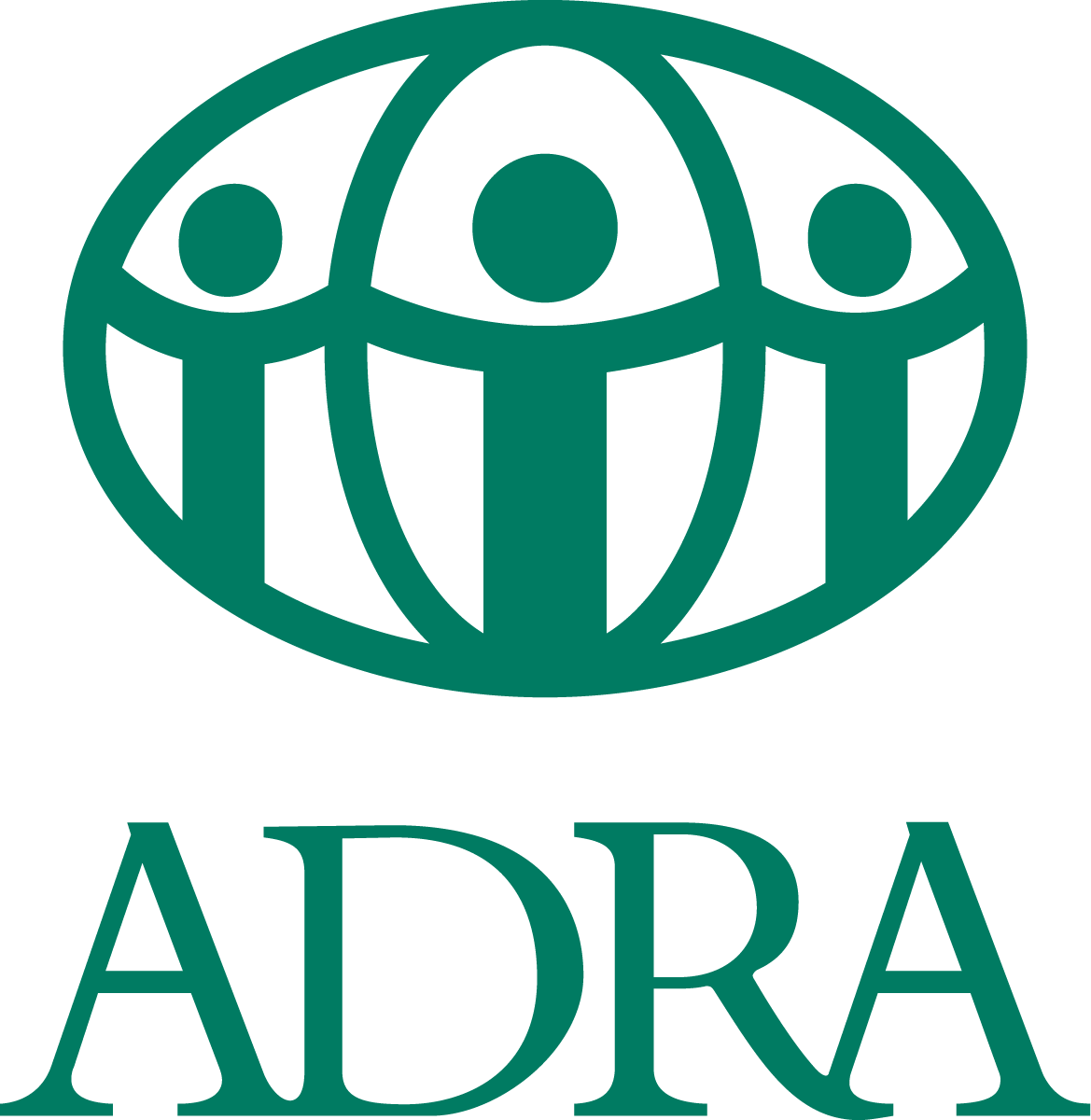The sound of roosters crowing fills the air long after the sun has risen. Maria leads us between the wooden houses of her village to an open space in the shade of palm trees. Although missing a leg, she sits with barely any difficulty.
We are in a rural village in Timor Leste.
“In 1975 I fled the village and ran into the forest because of the war,” Maria says. “When I was fleeing, I got a wound on my leg. It started small but grew over time. Years later, I was taken to Dili where they cut off my leg. Otherwise, I would have died from the infection.”
Over the years, Maria had to learn how to walk again – with a crutch as her only aid. With just her husband, Florindo, to care and provide for her, Maria was forced to get back to work.
Maria and Florindo are farmers, and growing crops in rough terrain under the harsh Timor sun is hard work.
For years they struggled to grow enough food to feed their family and to send their eight children to school. Maria took the vegetables that she grew to the market to sell, in the hopes that she would get enough money for food and education. But, despite her hard work, the yield was never enough.
“It is difficult to earn money because of my leg,” says Maria. “Paying for my children’s school was very difficult.”
So when an ADRA project began in her village, Maria and Florindo were eager to participate.
With ADRA’s help, Maria’s community received clean water. Before, Maria had to walk for more than half an hour to collect dirty and contaminated water from the river. People in her family were often sick with water-borne diseases and diarrhoea.
To Maria and her family, clean water meant good health and an opportunity to expand their garden.
“Before, when we had to fetch water from the river, we felt heavy-hearted,” says Maria. “But now water is close. We can plant a garden near our house so we feel good.”
Maria’s garden is now flourishing. Once she could only sell chilli, round eggplant, cassava leaves and spinach. Now, with the seeds and agricultural training that she received from ADRA, Maria is also growing corn, tomatoes, mustard greens, cabbage, long and mung beans, and other varieties of eggplant.
Her yield has more than doubled.
“After the harvest, we sell some of the vegetables and keep some at home to eat,” says Florindo. “When we get the money from selling the vegetables I am happy because we can save some, we can put some into the savings group ADRA started, and we can use some to pay for the children’s school.”
With the right tools, skills and know-how, Maria and Florindo can meet their daily needs, send their children to school, and save for the future.
But Maria is still worried that her children will experience poverty like she did. She is desperate for her children to go to school so they can have opportunities that she never had.
“I want my children to continue their schooling,” Maria says. “I want them to have a good education.” And with your help, they can.
Original Story: ADRA Australia
